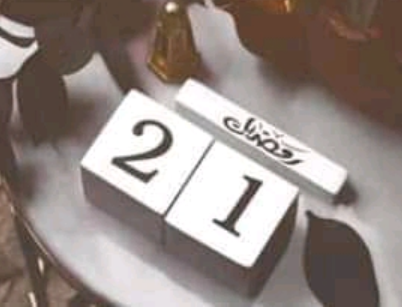The ruling on the Adhha sacrifice on behalf of the Deceased!
Question :
What is the ruling on the Adhha sacrifice, and is it permissible on behalf of the deceased?
Answer:
The Adhha sacrifice is Sunnat Mu'kkadah (i.e., compulsory) according to the view of most of the scholars. This is because the Prophet performed the Adhha sacrifice and encouraged his Ummah to perform the sacrifice. The basic principle concerning it is that its performance is desired during its time by the person who is alive, for himself and the members of his household. He may allow whomever he wishes to share in its reward from the living and the deceased.
In reference to the Adhha sacrifice on behalf of the deceased, if he willed that it should be performed from a third of his wealth for example, or he made it a part of a donation (Waqf) that he gave, it is obligatory upon whoever is in charge of the donation or will to carry it out. If he did not will it nor did he make it a donation, and a person simply wants to perform the sacrifice on behalf of his father or his mother or other than them, then that is good. This is considered a type of charity on behalf of the deceased, and giving charity on behalf of the deceased is legislated according to the view of Ahlus-Sunnah wal-Jama'ah.
In reference to giving charity with the price of the Adhha sacrifice based upon the fact that the charity is better than the slaughtering, if the Adhha sacrifice was requested in a donation (Waqf) or a will, it is not permissible for the trustee to change it to charity with its price. However, if the Adhha sacrifice is an act of optional beneficence on behalf of someone else, then the matter is easy and not strict. In reference to the Adhha sacrifice of a Muslim person who is alive and on behalf of the members of his household, it is Sunnat Mu'kkadah (i.e., compulsory) for whoever is able to do it. And slaughtering it is better than giving charity with its price. And success is from Allâh.
Source:
Ash-Shaykh Ibn Baz
Fatawa Islamiyah, Vol. 4 Pages 330-331
 أرسلها على تطبيق الواتساب
أرسلها على تطبيق الواتساب 